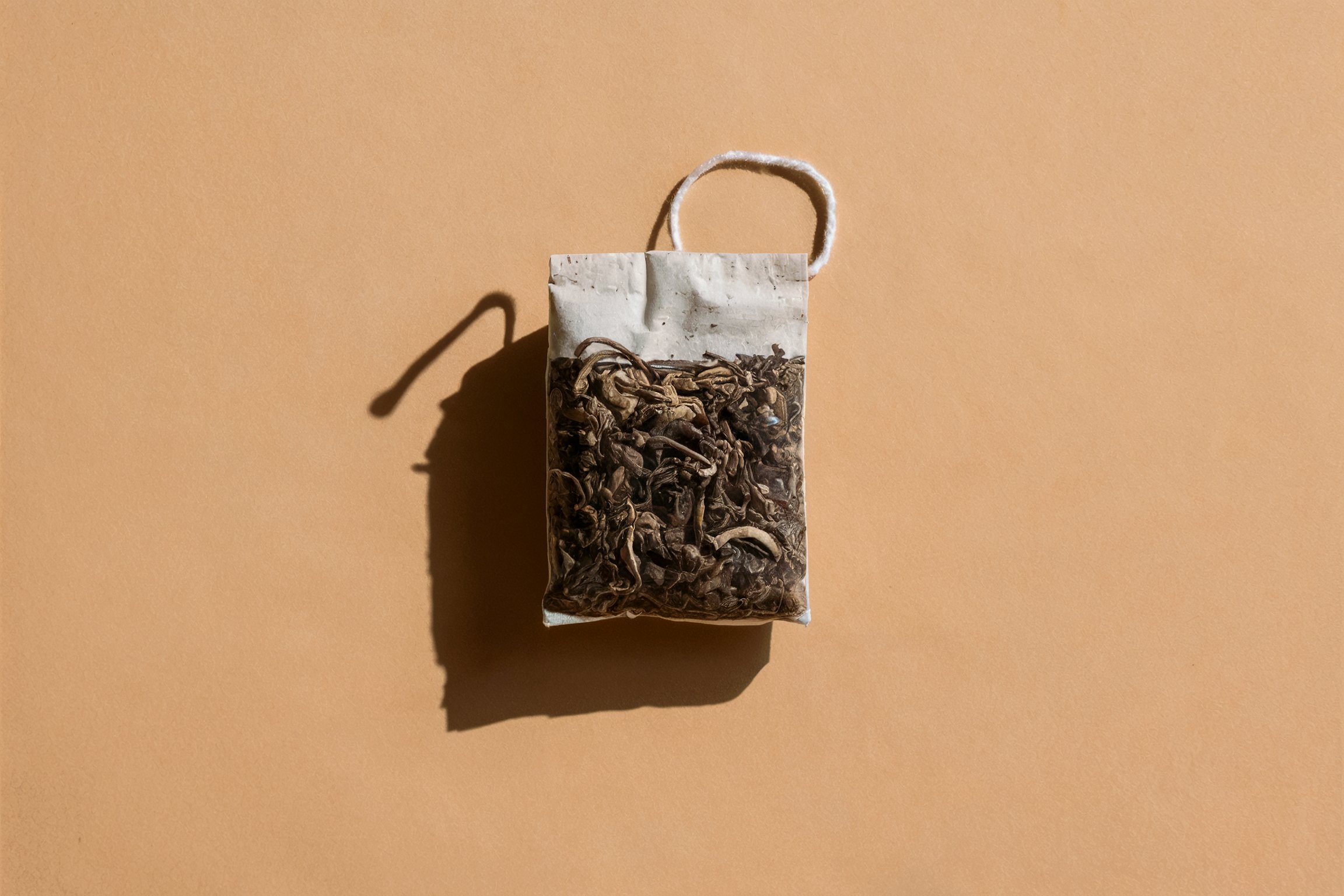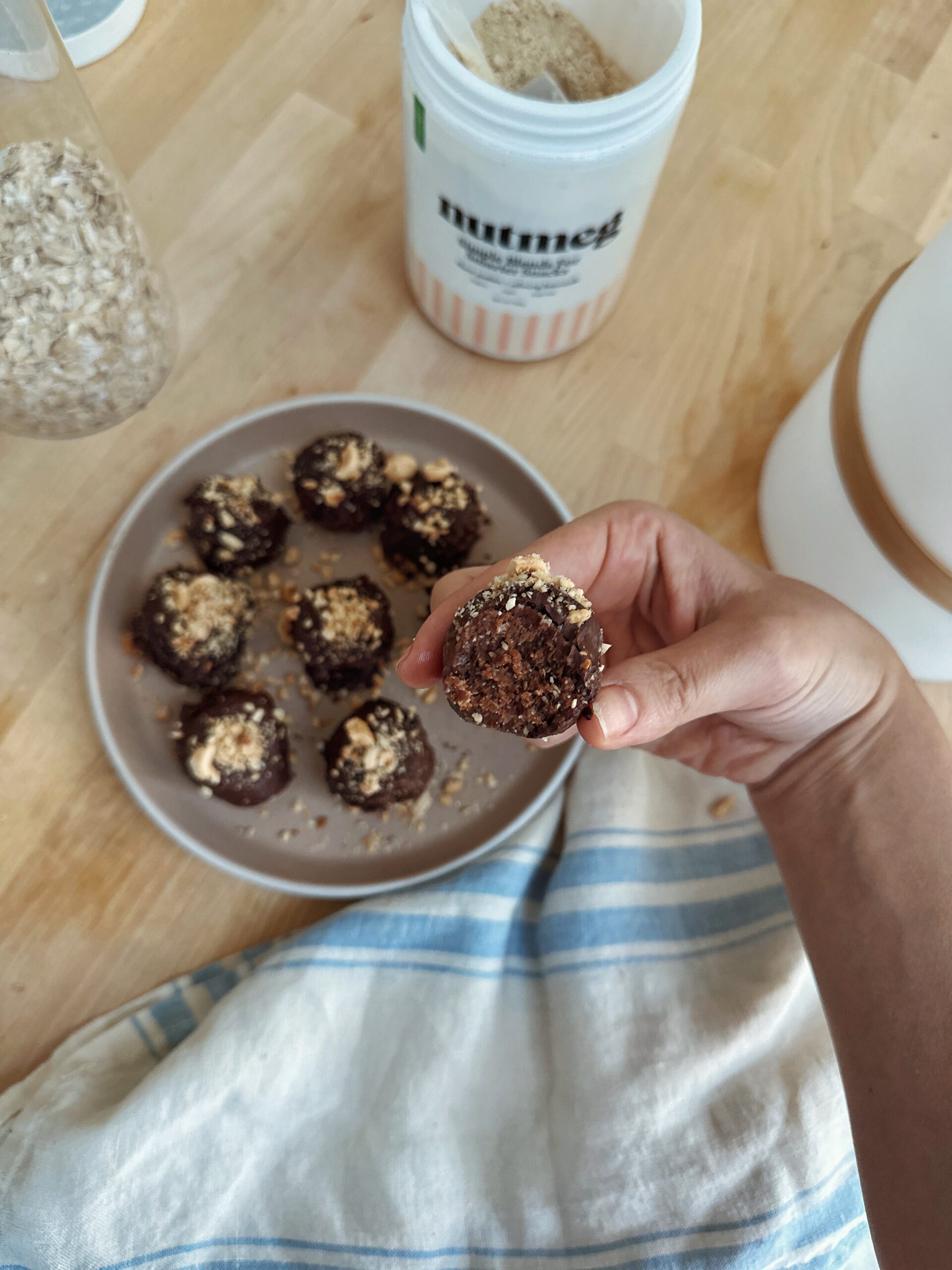
Brewing Better Blood Sugar Control: The Power of Green Tea
Insulin Resistance: A Silent Threat
Did you know there’s a health condition that increases your risk of diabetes but often has no symptoms? That condition is insulin resistance. Often overlooked, insulin resistance is becoming increasingly common. In fact, many people don’t even know they have it.
The good news is that insulin resistance can be treated with lifestyle changes. One simple change is choosing unsweetened beverages or water more often. Tea, a popular drink next to water, offers many health benefits, including improvements in insulin resistance. This article explores insulin resistance and recommends the best tea to combat it.
What is Insulin Resistance?
Throughout the day, as you eat, your blood sugar levels rise and fall naturally. Digestion starts with the breakdown of carbohydrates in food into glucose, the body’s fuel source. When glucose enters the bloodstream, your body releases insulin, a hormone that acts like a key, unlocking cells to allow glucose entry for energy.
In someone with insulin resistance, this process is disrupted. Cells become less responsive to insulin. The pancreas, in response, produces more and more insulin to move glucose into cells. « If your body can’t produce enough insulin to keep up, it can lead to high blood sugar levels and eventually prediabetes, » says Alyssa Pacheco, a registered dietitian specializing in polycystic ovary syndrome, a condition linked to insulin resistance.
The Best Tea for Insulin Resistance: Green Tea
When you crave tea, reach for green tea. It’s the top pick for combating insulin resistance. Green tea comes from the Camellia sinensis plant, which also produces black, white, and oolong teas. While these teas offer health benefits, green tea has the most research supporting its role in fighting insulin resistance.
Researchers believe green tea helps reduce insulin resistance risk in several ways, including lowering oxidative stress, improving glucose metabolism, and blocking carbohydrate absorption. These can lead to small improvements in blood sugar control. For instance, a recent study suggests green tea consumption may help lower fasting blood sugar levels, an indicator of insulin resistance.
How Green Tea May Help
Inflammation and insulin resistance often go hand-in-hand. By reducing inflammation, green tea may improve insulin resistance. « Green tea is rich in polyphenols, natural compounds in foods with antioxidant and anti-inflammatory effects, » says Pacheco. « One specific polyphenol, epigallocatechin gallate (EGCG), plays a vital role as an antioxidant and may help lower inflammation, which can contribute to insulin resistance. »
Lisa Andrews, a registered dietitian, adds that these powerful polyphenols in green tea may also positively influence your gut microbiome. The composition of gut bacteria can play a role in insulin resistance risk and overall health.
Enjoying Green Tea
For the best-tasting green tea, steeping it correctly is key. Steep bagged or loose-leaf green tea in hot water (ideally 170 to 185°F) for 3 minutes. Enjoy it warm or chill it and serve over ice.
Flavorful Variations
Orange-Ginger Tea: Steep green tea with fresh ginger and a splash of orange juice for added flavor.
Iced Mint Green Tea: A refreshing option for hot days.
Matcha Green Tea Latte: Enjoy green tea in a creamy latte form.
Green Tea-Fruit Smoothie: Blend green tea with fruits for a delicious and healthy smoothie.
The Bottom Line
If you have insulin resistance or an increased risk of diabetes, know that it can be managed through diet and lifestyle choices. Choose calorie- and sugar-free beverages like unsweetened tea to optimize hydration. Green tea, with its research-backed benefits, is a great choice to improve insulin resistance.


